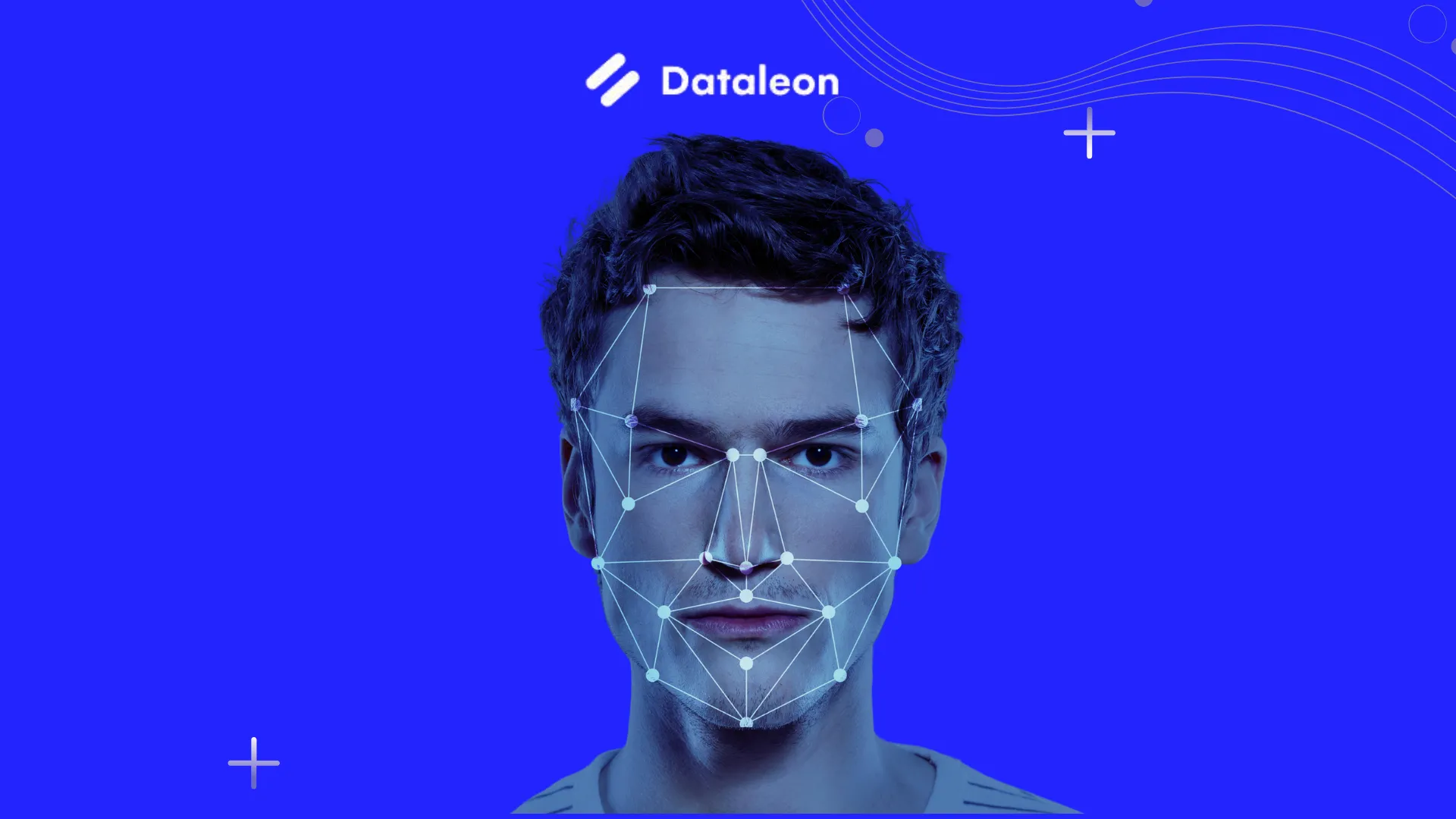Balancing security and privacy in facial recognition ethics
Exploring facial recognition: its rise, the balance between security and privacy, and ethical concerns.



Exploring facial recognition: its rise, the balance between security and privacy, and ethical concerns.

Facial recognition is a type of biometric technology that analyzes facial features to identify individuals. The technology works by capturing an image of a person's face and comparing it to a database of known faces. The system then uses algorithms to determine if there is a match. Facial recognition can be used for a variety of purposes, including security, surveillance, and marketing.
One of the main benefits of facial recognition is improved security. It can be used to identify criminals and terrorists, prevent fraud, and improve border security. In addition, it can also be used to enhance the customer experience by providing personalized recommendations and speeding up transactions.
Despite its benefits, facial recognition also poses significant risks. One of the biggest concerns is the potential for abuse. Governments and police can use it to monitor people without their consent, which is a threat to privacy and freedom. It can also make mistakes and has caused innocent people to be arrested.
Given the potential risks and benefits of facial recognition, it is important to consider the ethical implications of its use. It's important to find a balance between keeping things safe and people's privacy. The technology should be used in a way that respects people's rights. There also needs to be transparency around how it is being used and what data is being collected.
To ensure that facial recognition is being used ethically, there are several best practices that companies and governments should follow. These include:
Facial recognition has its benefits, but it also poses significant risks to privacy and civil liberties. To use it in an ethical way, companies and governments should follow good practices and be open about how they use it. By balancing security and privacy, we can harness its benefits while minimizing its potential risks.
Contactez nos experts pour des solutions innovantes et personnalisées
Tester la plateforme gratuitementNous contacter.svg)
15 jours d'essai
.svg)
Pas de carte de crédit
.svg)
Annulez à tout moment